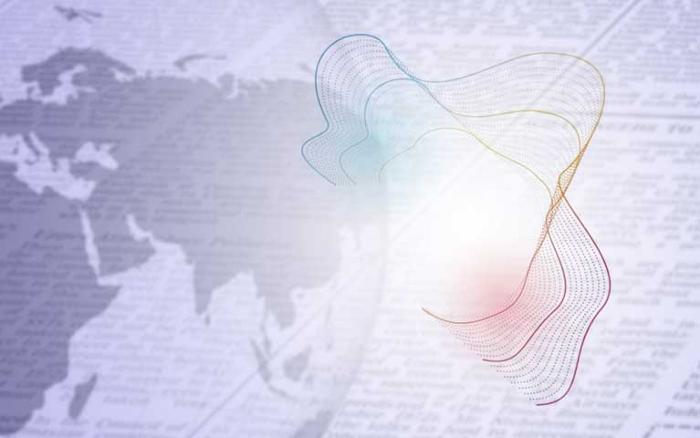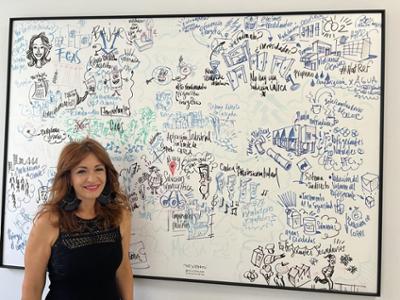

Susana Rodríguez (AEFYT): "this summer will see an increase in corrective interventions in many cooling installations"

Climate change is a phenomenon whose consequences we are beginning to suffer, as Susana Rodríguez, president of AEFYT, the Association of Refrigeration Companies and their Technologies, explains. This summer, corrective interventions in many cooling installations will increase more than ever, and the breakage of elements such as compressors will occur to an extent above the average of the last few years, especially in older installations.
What are your views on the consequences of climate change?
Climate change is a phenomenon whose consequences we have been beginning to suffer directly in our daily lives since 2020: high temperatures, more frequent heat waves at unusual times of the year, droughts and forest fires, floods, rising sea levels in coastal areas... The causes are clear: our daily activity is causing this global warming by increasing the emission of greenhouse gases into the atmosphere. Stopping this is everyone's responsibility, in all areas and in all sectors of production. Awareness is essential if we are to continue to rely on nature as a source of resources.
How is it affecting or how could it affect the refrigeration sector?
There are two clear scenarios, one that affects day-to-day operations in current refrigeration production and one that will affect the future. In current refrigeration production, daily corrective actions have increased considerably. The installations, in particular the equipment, are not fully prepared to work with such high outdoor temperatures, something that is aggravated when the difference between daytime and nighttime temperatures is getting smaller and smaller. This leads to lower performance, shutdown of installations or breakage of elements due to the number of hours worked at maximum performance levels.
Air emissions can be direct and indirect, and in the latter, energy consumption in refrigeration has become particularly relevant. In recent years, refrigeration installations have begun to be monitored and to use control and regulation as a way of reducing energy consumption and minimising the indirect emissions resulting from the production of cold, which can account for up to 48% of an establishment's total electricity bill.
In the future - now the present - refrigeration installations will have to undergo a major transformation within the framework of European regulations, which require an ambitious reduction in greenhouse gas emissions. This reduction of emissions, with two important dates, 2030 and 2050, is clearly aimed at an ecological transition to reverse climate change: "Global net emissions of man-made CO2 would have to be reduced by 45% by 2030 compared to 2010 levels and continue to decrease to net zero by approximately 2050".
What is likely to happen in a summer like this year's, which is expected to be particularly hot?
This summer, as we already started to see in 2022, corrective interventions in many cooling installations will increase more than ever, and without singling out geographical areas, because the north and south of Spain are becoming more and more similar in terms of temperature. Thus, the breakage of elements such as compressors will occur to an extent above the average of the last few years, especially in older installations.
The summers are longer, start earlier and end later. This puts great strain on the organisation of the staff of the maintenance companies due to the increase in the number of months with high peak workloads. For the user, product losses and claims are likely to increase, as well as breakages at points in the cold chain due to the underperformance of equipment.
It is reassuring to know that the sector is prepared for these situations. We are aware of our responsibility which, more than ever, is that of a social business fabric, taking into account the essential nature of our profession, which is becoming increasingly evident day by day.
What other challenges does the refrigeration sector face?
The refrigeration sector, from the use of installations to their maintenance, faces a great challenge and a great social and business responsibility as a sector involved in direct and indirect greenhouse gas emissions. It must actively contribute to their reduction in order to minimise climate change. How? With more sustainable installations and more environmentally friendly technologies, with a commitment to regeneration and the circular economy, with the use of natural energy sources for the production of cold, with practices focused on the reduction of emissions that obey predictive patterns, with the introduction of control elements in installations that enable total regulation to find the point of energy efficiency, training and information... All these actions are possible with the acceleration of digitalisation and the effective alignment of all players involved.




